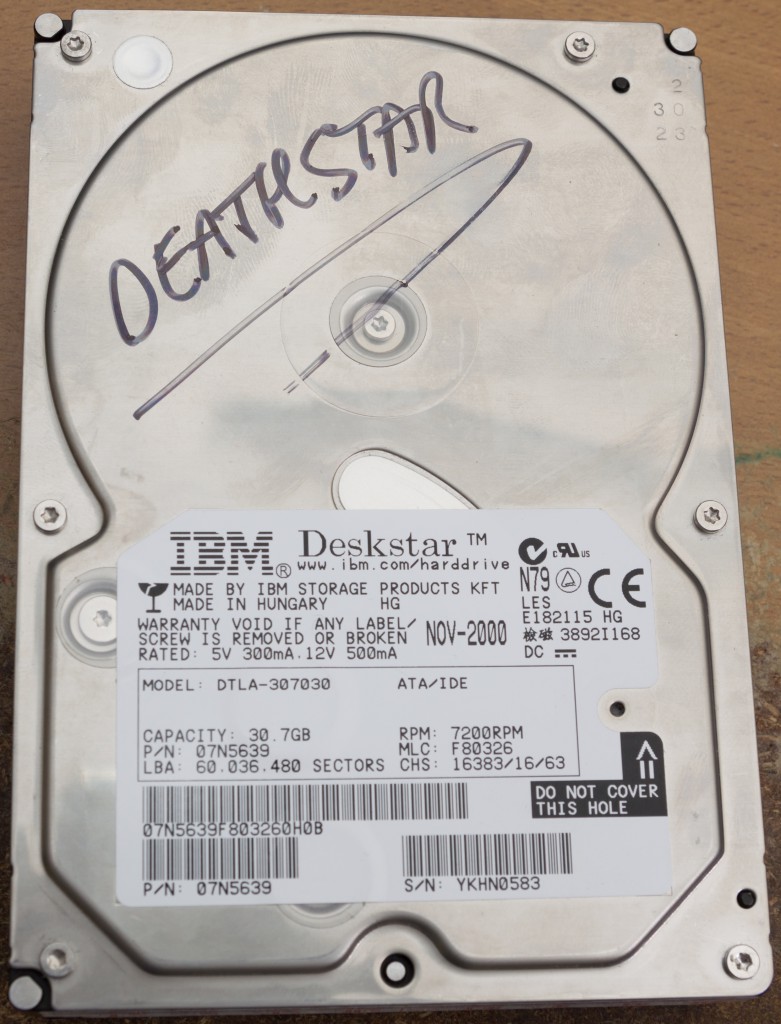- Jan 28, 2006
- 505
- 10
- 81
We finally moved my mother-in-law to a bit more recent Dell secondary desktop. She had a bunch of hand-me-down parts which suited her web browsing and Solitaire. I've started parting out her (really) old previous PC, and found this HGST Deskstar as her boot drive (totally forgot about it). SMART scan is clean, and it boots just fine into WinXP  - another reason why we moved her over to a Win 10 machine. A fact that she still complains about (so used to XP).
- another reason why we moved her over to a Win 10 machine. A fact that she still complains about (so used to XP).






